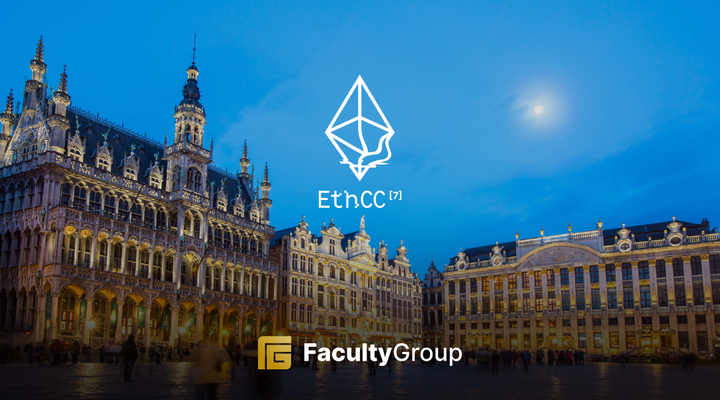How AI is revolutionising Government: An Exploration of Possibilities

The rise of artificial intelligence (AI) has ushered in a new era for governments, offering transformative potential in the way they function and serve their citizens. As AI continues to advance, governments stand at the precipice of harnessing its capabilities to streamline operations, enhance efficiency, and elevate citizen satisfaction. This article delves into the promising impact of AI on government services and delves into the hurdles that must be overcome to fully embrace this technological evolution.
AI is poised to replace routine, repetitive tasks within government services, such as issuing tax reminders and processing payments. Chatbots are already handling public inquiries, and we're on the verge of seeing physical robots widely employed for street cleaning, security, and public space maintenance. However, these are just glimpses of what AI can offer in reimagining public services.
The Power of Big Data
The real game-changer lies in the collection and analysis of data. When coupled with machine learning, digital information can inform planning applications and optimize supply chains. AI can also forecast citizens' future habits and needs, slashing costs in various ways. For instance, local governments could schedule refuse collections based on actual demand or suggest alternative traffic routes following accidents. Predictive algorithms are already benefiting some public services, such as hospital admissions, but AI's potential extends further, touching areas like employee selection, personalized education, and identifying criminal activity patterns.
Blockchain technology is another disruptor, promising increased efficiency and transparency. Initially designed to securely record cryptocurrency transactions, blockchain now offers the potential to create public records for all state-related transactions, thereby combating fraud and corruption. It could also revolutionize how state-run contracts are awarded, eliminating the need for protracted tender processes by selecting companies based on criteria like safety, adherence to deadlines and budgets.
Pathways to Implementation
AI's potential to reshape our lives and support government operations is vast. Even today, existing AI applications have the potential to create value for economies and societies worldwide, from predictive healthcare to adaptive education and crisis response optimization.
However, governments face numerous obstacles, including a scarcity of specialized talent, limited investments in AI research and innovation, and the evolving landscape of privacy, security, and ethics surrounding AI technologies. Addressing these challenges is paramount as governments seek to harness AI's full potential.
When we discuss AI in this context, we are referring to a subset of data analytics, including computer vision, natural language processing, and advanced robotics. These AI systems are autonomous and adaptive, capable of performing complex tasks independently and improving through learning from data.
McKinsey Global Institute's modelling suggests that AI adoption could contribute approximately $13 trillion to global economic output by 2030, translating to a 1.2% annual boost in global GDP. However, governments must carefully navigate the associated risks, such as privacy, security, fairness, transparency, safety, and third-party concerns.
Estonia's Pioneering Efforts
Several governments and regional authorities have already embraced AI and blockchain. Estonia, for instance, automated government processes early on, going paperless in cabinet meetings in 2000 and introducing e-voting in 2007. By 2012, a remarkable 94% of tax returns were filed online, thanks to cooperation between tax authorities and local banks. Furthermore, Estonia has experimented with driverless buses and is actively discussing the societal impact of intelligent machines and algorithms, along with the regulatory framework required to govern smart technologies.
To unlock the benefits of AI for citizens, businesses, and government entities, countries can consider building a robust AI ecosystem. This ecosystem comprises skilled practitioners, research institutes, start-ups, and established enterprises. Five key enablers can foster such an environment: well-defined AI regulations, a highly skilled workforce, globally recognized research and innovation, public-private partnerships, and accessible AI infrastructure.
AI's potential to revolutionize government operations and services is undeniable. By embracing this transformative technology while addressing associated challenges, governments can enhance efficiency, transparency, and the overall well-being of their citizens. As we embark on this journey, collaboration between public and private sectors will be instrumental in shaping a future where AI benefits all.








